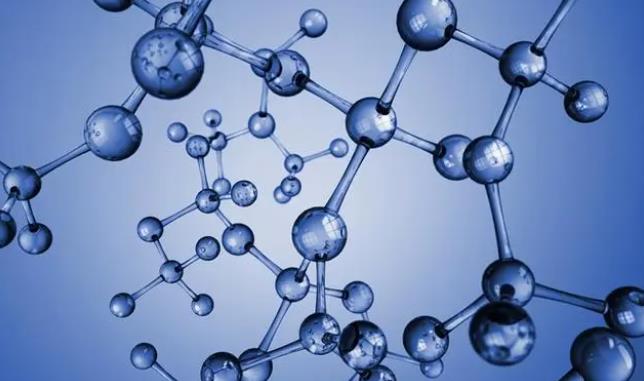recently, chemists from konstanz developed a new catalyst for the direct manufacture of polyethylene dispersions in water. this opens up the prospect of environmentally friendly, solvent-free coating production.
polyethylene (pe) is one of the most important types of plastics today. it is used in a variety of everyday products, from plastic bottles, pipes and skiing to paints and toys. in the form of pe dispersions, it forms the basis for different coatings and adhesives.
the basic structural unit of pe is ethylene, a gaseous hydrocarbon. a suitable chemical catalyst is used to facilitate and accelerate the polymerization process. during the polymerization process, the individual structural units are linked together to form large polymer molecules. in the production of pe dispersions for coatings, polymerization usually takes place in organic solvents, requiring additional steps that are both technically complex and energy-consuming.
therefore, researchers are looking for ways to produce pe directly in the form of aqueous dispersions during the polymerization process. however, polymerizing pe directly in water is challenging. study author stefan mecking explains, “this requires catalysts that are active in water but at the same time are not destroyed by water, whereas most conventional catalysts break n once they come into contact with water.”


